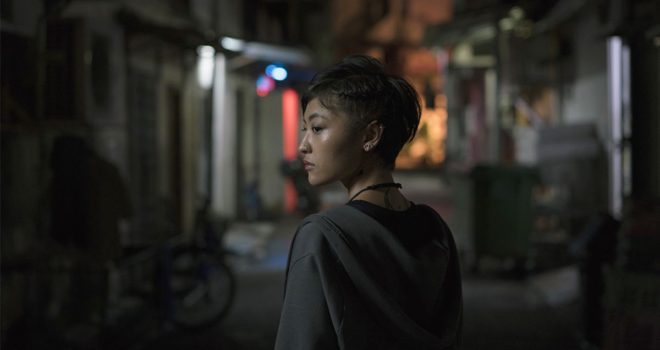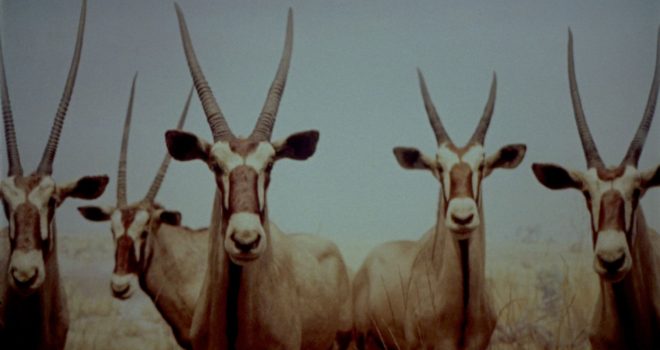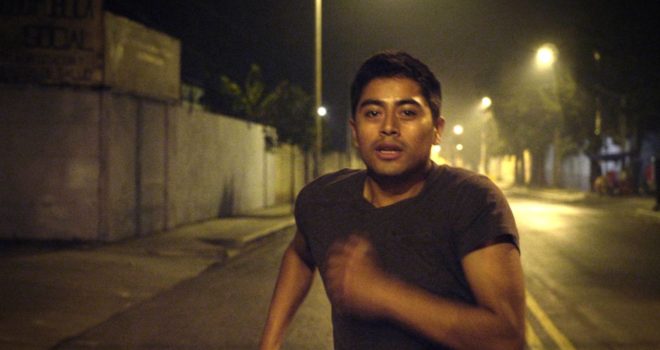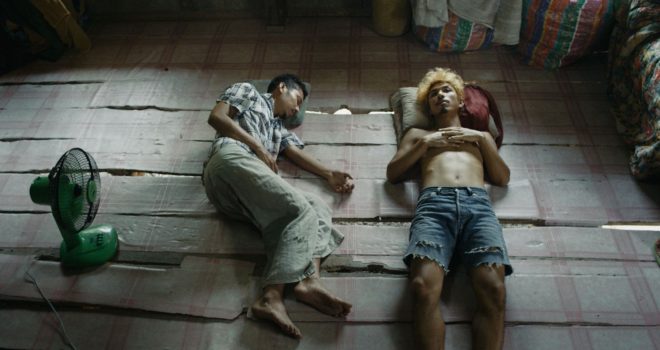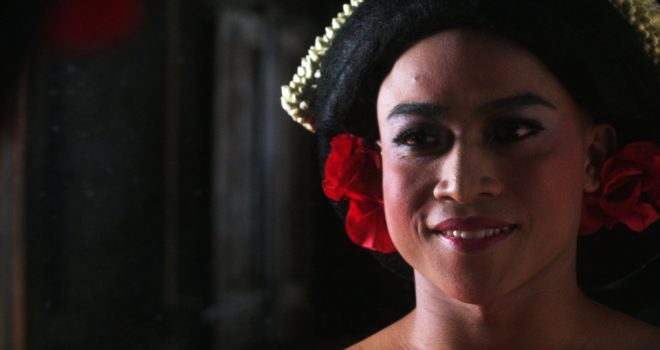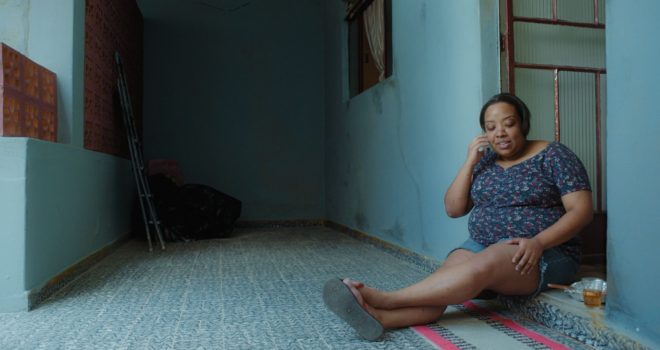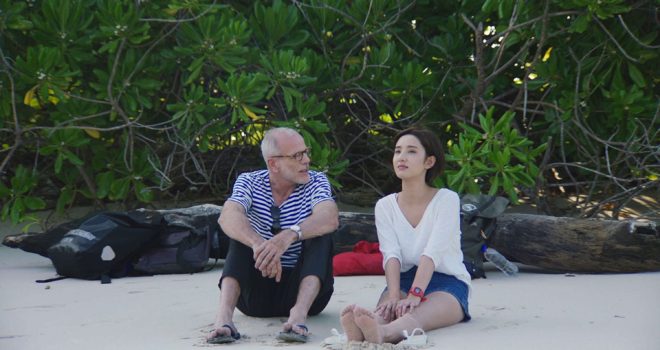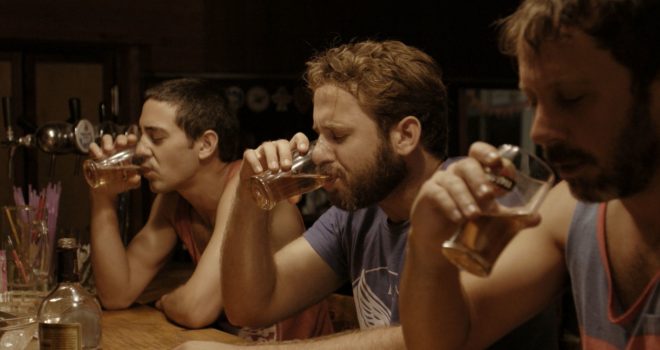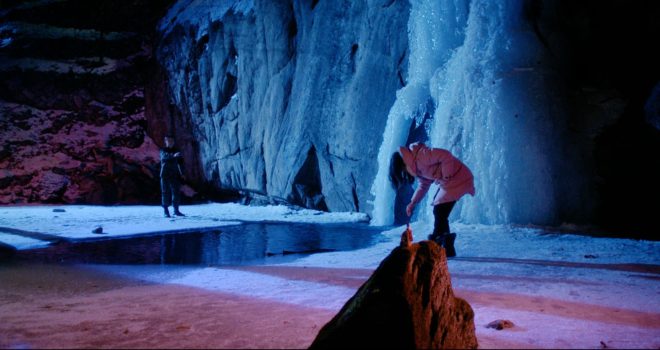A long and piercing winter night spent in the Korean countryside, a Mexican coastal village on the shifting frontier between fantasy and documentary, the shady dealings on worksites that are expanding the city of Singapore into the sea, an amusingly melancholic Malaysian ballad in three movements, a brothers’ gathering in a moribund kibbutz in northern Israel, a port on the west coast of Thailand, a working-class district in metropolitan Belo Horizonte where dengue fever is hunted down, the burgeoning of a love story in the hubbub of Guatemala City’s streets, the story of a body that mirrors Indonesian society.
The scenes are set. Life passes through them.
At first sight, the nine films in this 40th international competition seem very different from each other. This immediately made us want to welcome their differences, and the heterogeneous signs rooting them in contemporary cinema, as a piece of good news. While distant geographies and distinct aesthetic styles characterise this enticing bunch, the films take care to interconnect the scales and narrative movements that they invent so as to draw them close to us. The films want to become the story of intimate experiences: an almost whispered story (Faust), or a life that one decides to save to the point of remapping one’s own (Manta Ray), elsewhere, further north, the erosion of a couple put to the test of a night (Winter’s Night), and more to the south, the timely friendship and companionship that helps to reanchor a woman in her life when her absent husband gives no news (Temporada), or again, on the frontier of a utopia that has lived out its time, three brothers’ diverging negotiations with what remains of it (The Dive)… This selection creates an extensive geography of the affects, rather than weigh them down with the all-too-real shadows of context. It is not a matter of stifling the outside world, or avoiding it, but a question of not letting oneself be absorbed into it, of giving oneself a chance. Of course, at a personal level, we can be concerned, hesitate, but also decide. So the trajectories of the films can also be viewed through the prism of a series of dual inner movements, spacious but often uneasy, – and they can turn out to be worthwhile: a new job, a new place, new relationships; a journey far from home that opens up to a bike puncture and chance encounters; the decision to secretly care for a Rohingya refugee; displacing time in space fragment by fragment, the biography of a dancer; the moment of return to family land for a father’s funeral; a policeman’s investigation conducted on the edges of his own world; a pilgrimage in the form of a long-delayed discussion.
We in turn should let ourselves be swept up in these movements, which attest to an ardent reconquest of sensitivity. Let the cinema make its way and do its work.
Jérôme Baron, Maxime Martinot,
Aisha Rahim



